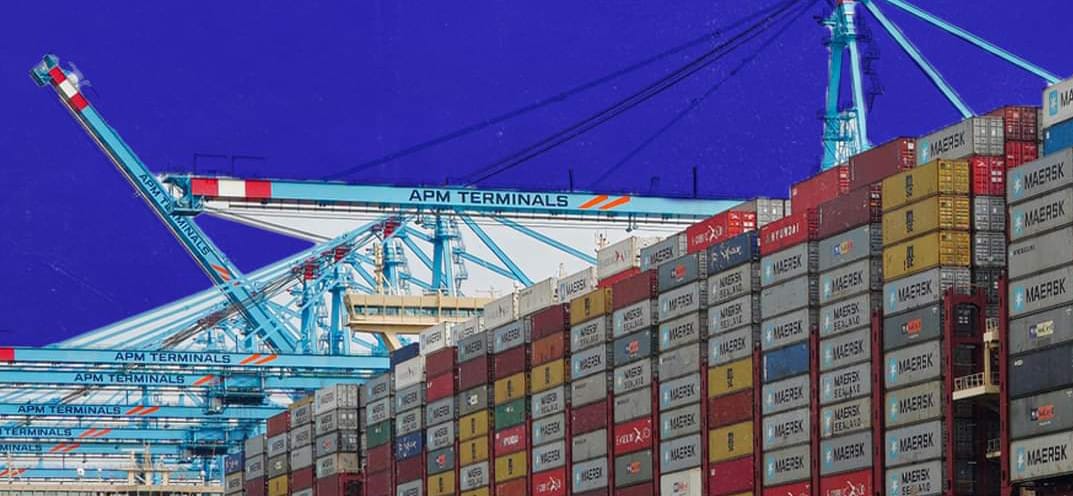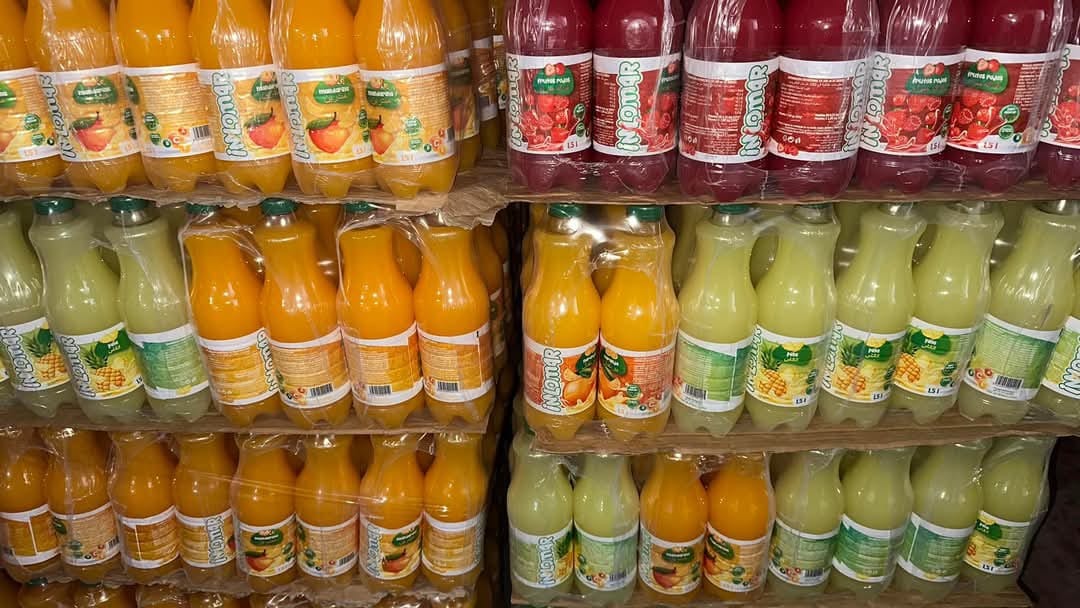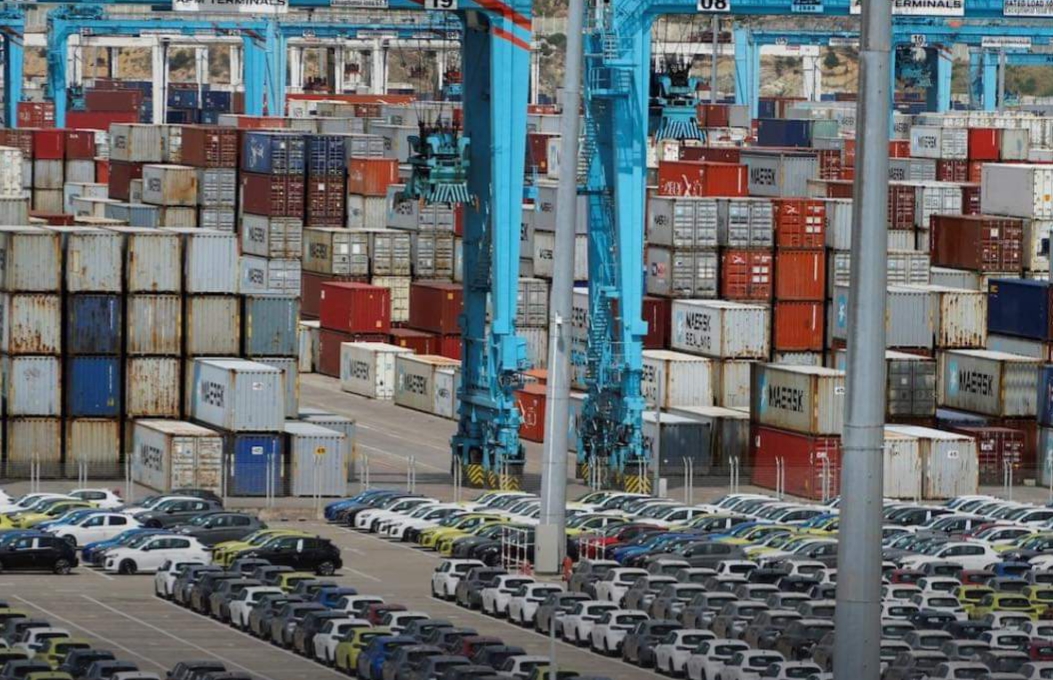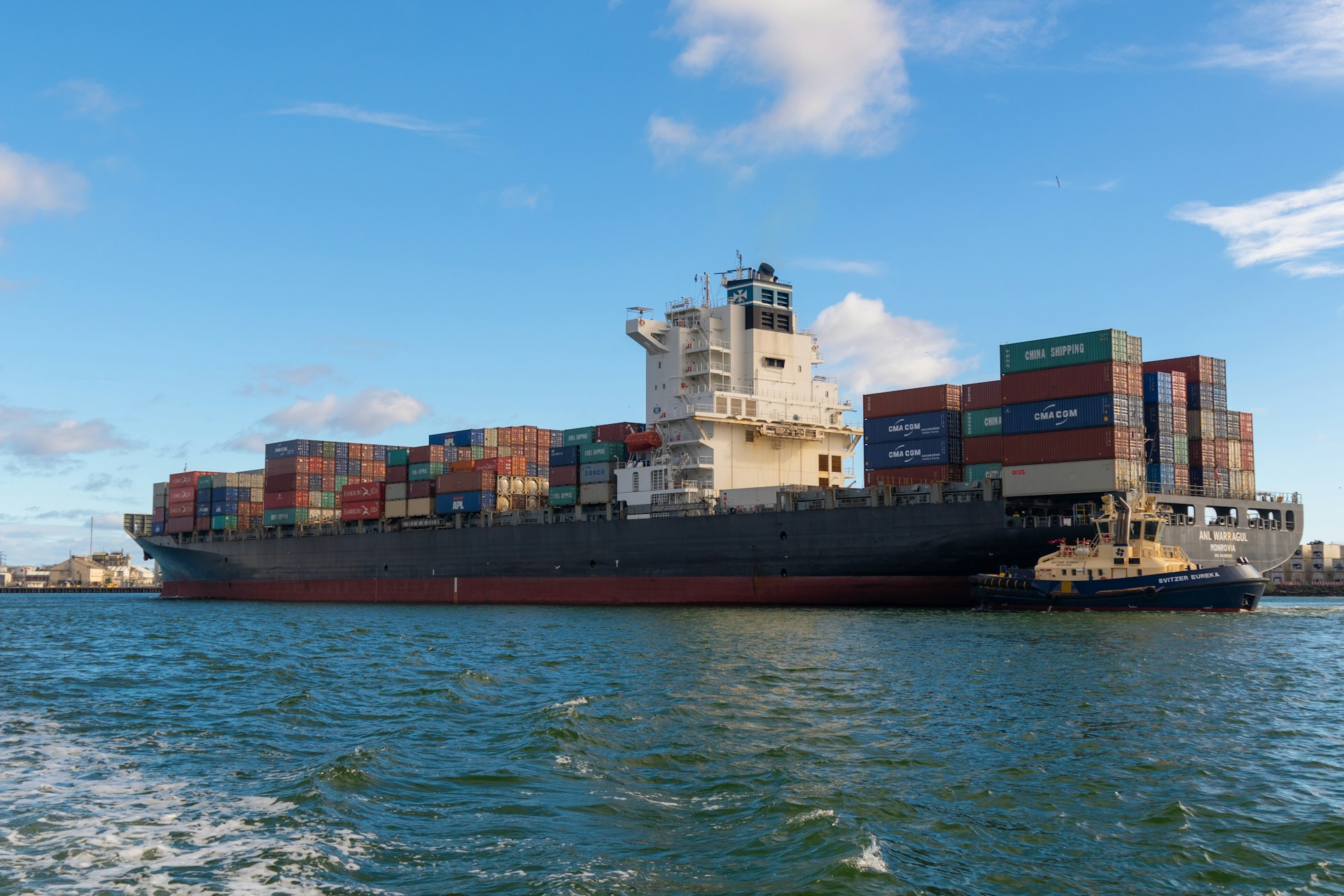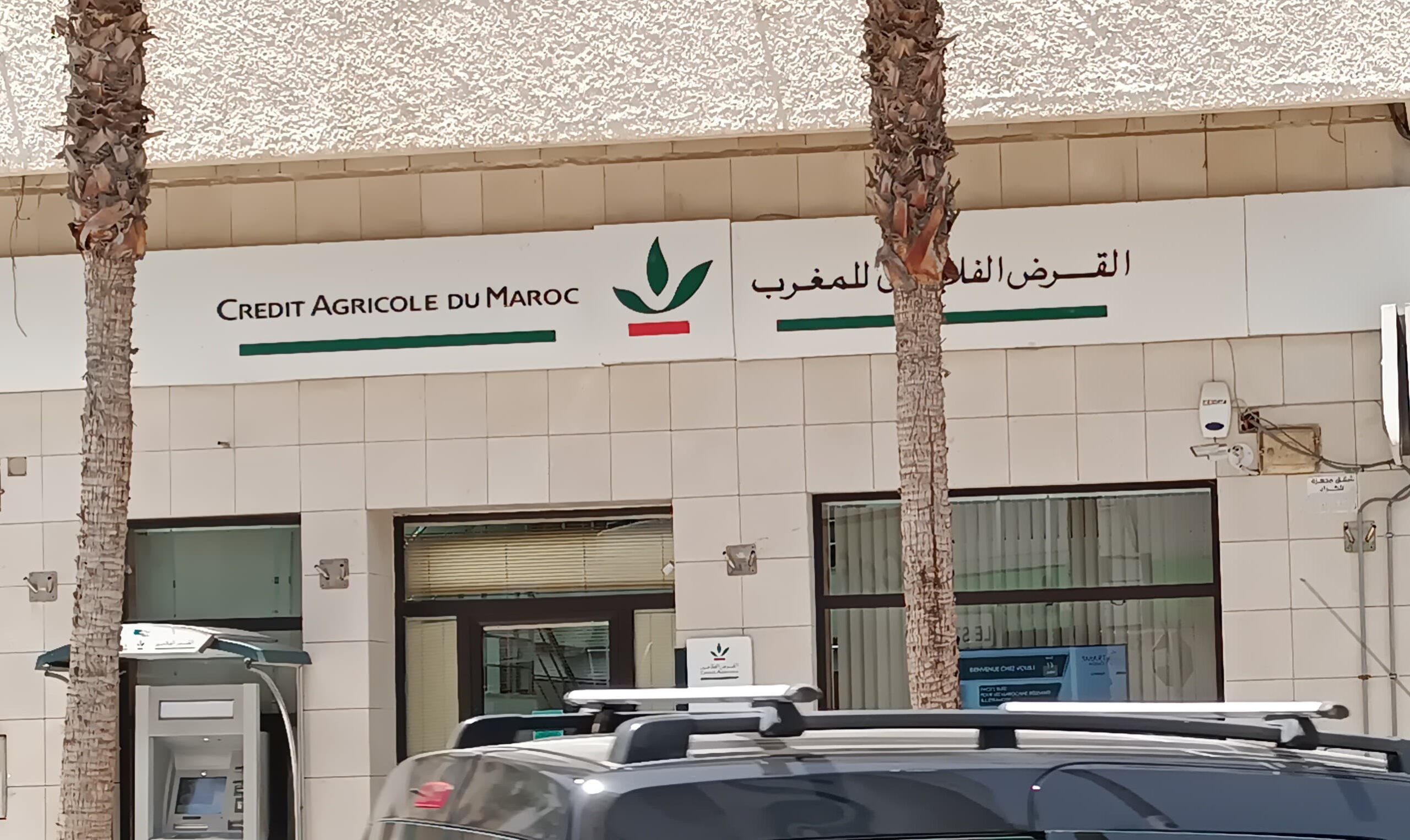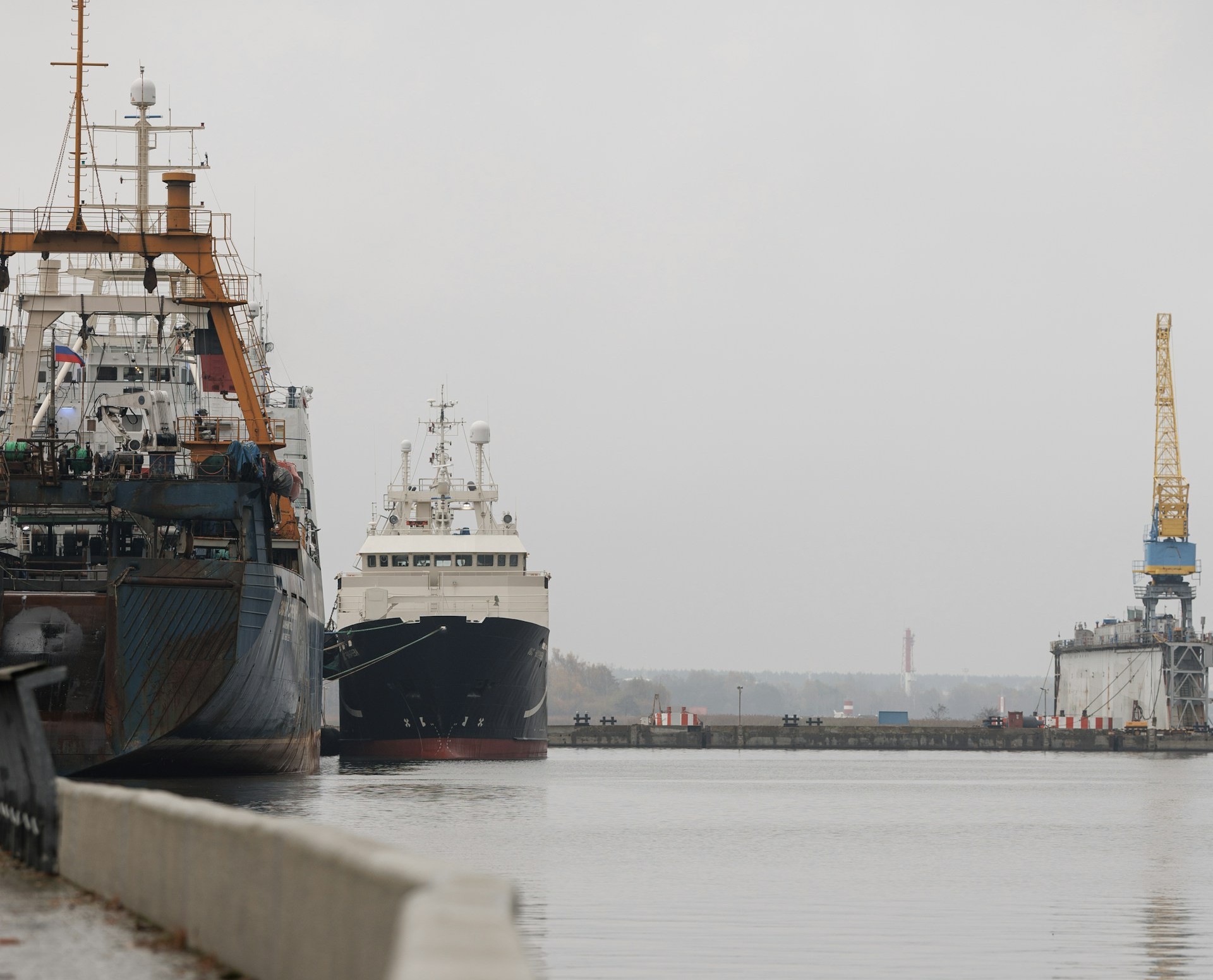Casablanca – A recent report by Allianz Trade, titled Global Trade Outlook 2024, highlights Morocco’s emergence as a key player in international trade. The report explores how geopolitical tensions, particularly between the United States and China, are reshaping global supply chains and paving the way for new trade hubs. Morocco ranks 20th on the list of 25 “Next Generation” trade centers, due to its strong trade potential and connectivity, while logistical efficiency remains an area for improvement.
With a strategic location linking Europe, Africa, and the Middle East, Morocco has leveraged its geographic advantage to strengthen its position in international commerce. Allianz Trade emphasizes three critical pillars driving Morocco’s trade success: trade potential (ranked 16th), connectivity (17th), and logistics efficiency (23rd). This mix of factors underscores Morocco’s growing competitiveness on the global stage, even as challenges persist in optimizing logistical processes and modernizing trade facilitation measures.
Central to Morocco’s trade ambitions is the Tanger Med port, Africa’s largest and a key international trade hub. The port has become a focal point for regional integration and global trade flows, highlighting Morocco’s role as a crossroads of continents. However, the need for improvements in logistics management, including streamlined customs processes and expanded use of digital technologies, remains a focal area for enhancing operational efficiency.
Strategic realignment of global trade
As global supply chains fragment due to ongoing U.S.-China trade tensions, businesses worldwide have been compelled to diversify their partners and routes. This shift has provided Morocco with a unique opportunity to position itself as a strategic alternative for companies seeking stability and diversified trade links. Morocco’s extensive network of free trade agreements, particularly with the European Union and the United States, has facilitated market access and bolstered its international standing. Additionally, Morocco’s participation in the African Continental Free Trade Area (AfCFTA) strengthens its position as a gateway for trade and investment across Africa.
Infrastructure investments and future outlook
The Global Trade Outlook 2024 estimates that emerging trade hubs will require significant investment—around $120 billion—to modernize infrastructure and maintain their competitive edge. In Morocco, this will involve mobilizing resources from both public and private sectors to support major initiatives like the Industrial Development Plan (PDI) and renewable energy projects, including the “Noor” solar power complex in Ouarzazate. Sustainable financing strategies and enhanced cooperation with international financial institutions will be crucial to achieving these goals.
For Morocco, the path forward will entail balancing infrastructure upgrades, enhancing trade logistics, and capitalizing on its strategic geographic position to sustain its growth as a major global trade hub. Through continued investment and partnerships, Morocco is well-positioned to play a pivotal role in shaping the future of international commerce.






